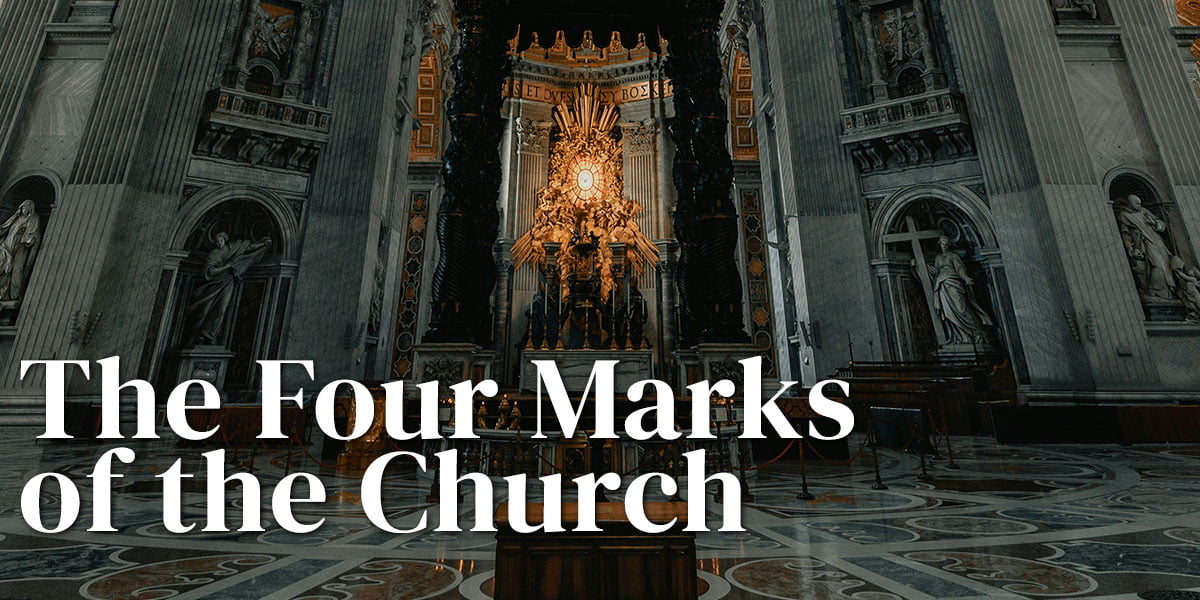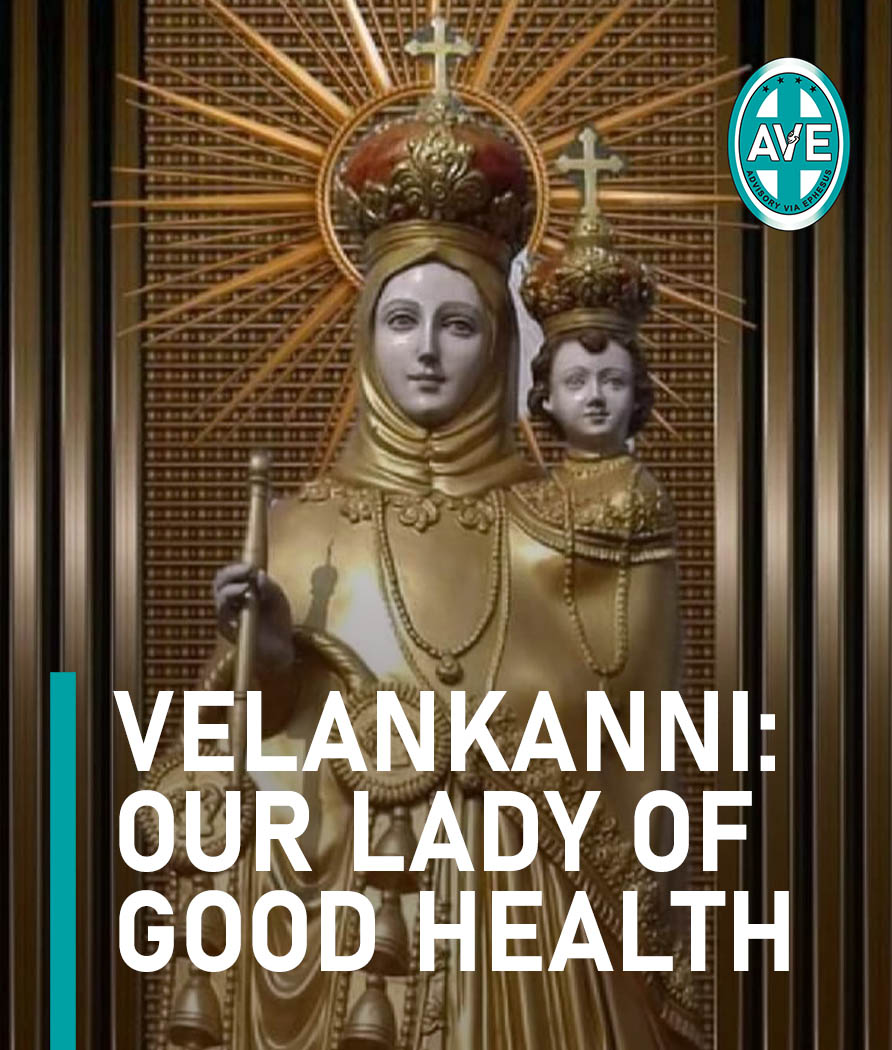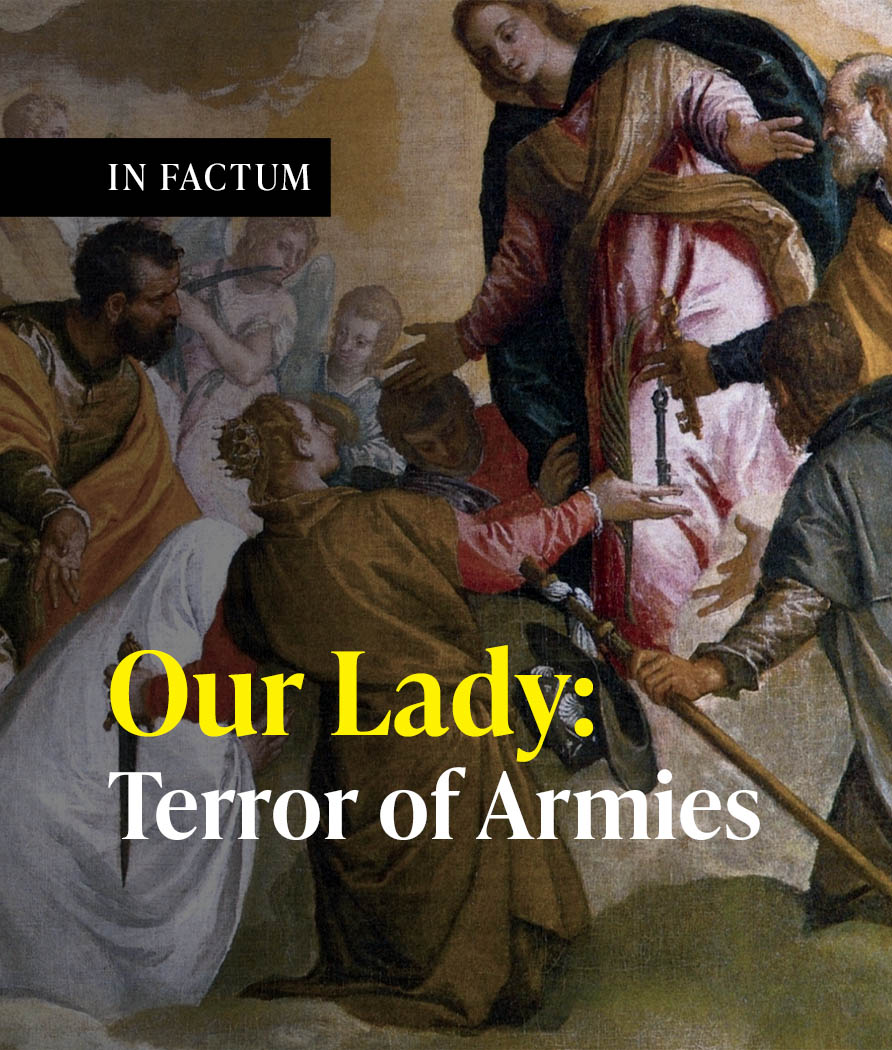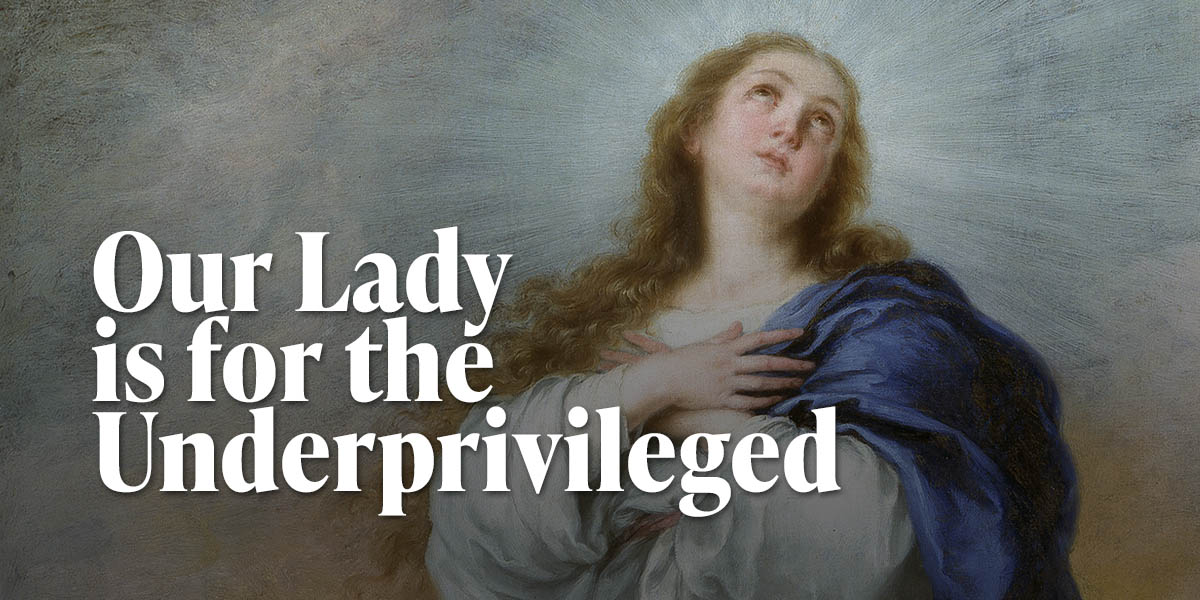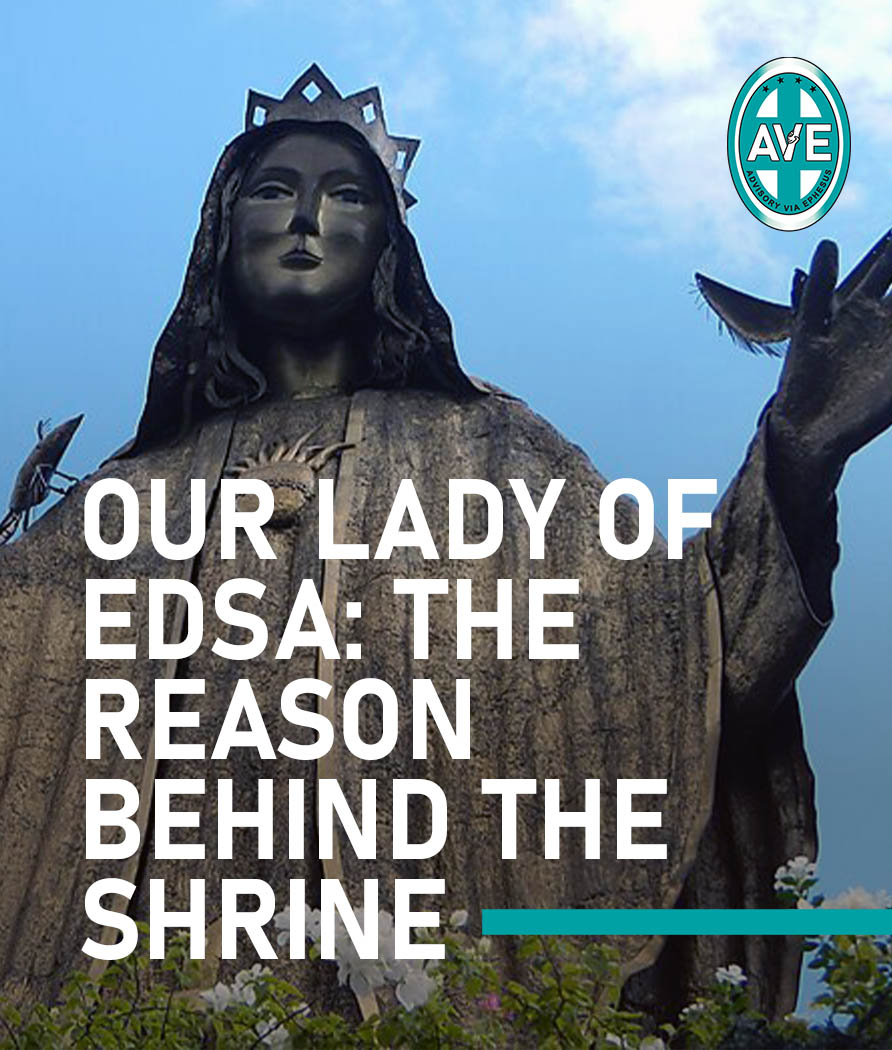St. Paul prophesied about these false teachings in his letter to Timothy:
“The time is sure to come when people will not accept sound teaching, but their ears will be itching for anything new and they will collect themselves a whole series of teachers according to their own tastes; and then they will shut their ears to the truth and will turn to myths.”
2 Timothy, 4:3-4 New Jerusalem Bible
St. Thomas Aquinas, in his Summa Theologica, defines heresy as “a species of infidelity in men who, having professed the faith of Christ, corrupt its dogmas”. Heresy is a formal denial or opposition to the accepted dogma and established doctrines of the Church.
Heresy is different from apostasy and schism. Apostasy is completely abandoning the Christian faith by embracing a new ideology or religion. Heretics never leave the faith in Christ. In short, they are still technically Christians in beliefs. Schism, on the other hand is a separation from the unity of the Church because of an unresolved internal issue. Throughout history, the division within the Church was commonly connected to the Papal authority. Schismatics, because of anger, pride or ambition, separate themselves from the communion of the Church. They are not necessarily heretics because they may believe in the established doctrines of the Church. They can be considered as rebels than heretics. To sum it up, heresy denies faith while schism opposes love.
The Catechism of the Catholic Church discusses the differences: “Incredulity is the neglect of revealed truth or the willful refusal to assent to it. Heresy is the obstinate post-baptismal denial of some truth which must be believed with divine and Catholic faith, or it is likewise an obstinate doubt concerning the same; apostasy is the total repudiation of the Christian faith; schism is the refusal of submission to the Roman Pontiff or of communion with the members of the Church subject to him” (CCC 2089).
Who can commit heresy?
A person must be baptized and a member of the Church to commit heresy. A baptized person who refuses to be corrected even though he is aware of the teaching of the Church is a heretic. He who is fully aware of a dogma but has already chosen to violate and even commit contrary teaching is also a heretic. But if that person is open for correction and sincerely unaware of the Truth, he is not committing heresy.
Do we consider the Jews, Muslims or other Christian denomination heretics?
Jews, Muslims and other Christian sects are not heretics since they do not practice a valid baptism, they are just a separate religion.
How about the Protestants?
The proponents of the Protestant Reformation were Catholic priests that is why Protestantism is considered a heresy and the proponents like Martin Luther are heretics. They were baptized and was correctly taught the Catholic faith but instead rejected the Truth and propagated false doctrines known as The Five Solas. These false doctrines persist in some Catholics today.
How does the Church counter these heresies?
The Holy Church makes decisions through Councils and from time to time, ecumenical councils are assembled in order to counter these heresies. From these councils, doctrines are established to get rid of confusions and fortify the faith of the flock. An example of these councils is the Council of Trent, which was convened to counter the poison of the Protestant Reformation.
Heresies persist up to this age to confuse the faith of the flock. The Holy Trinity, the Divinity of Christ, the Real Presence of Christ in the Eucharist, the Perpetual Virginity of Mary and the Immaculate Conception are some of the doctrines that are being attacked every now and then. The heresy of Modernism has a great effect on the current state of the Church, most specially on the traditional rituals and process within the Church which were altered in order to adapt to the modern times. The heresy of the Prosperity Doctrine is a great poison that deceives a number of Catholics. This heresy promises entitlement to material and physical blessing as long as you believe in Him. This is false because God never promises a life of prosperity and comfort in this world, but by keeping our faith to Him, He promises our freedom from pain and poverty in the afterlife. By sincerely praying to Him, He will supply our needs, and that is not necessarily having an abundant life. We always pray for God’s will to be done – all the time.
St. Paul advised us through his message to Timothy:
“But you must keep steady all the time; put up with suffering; do the work of preaching the gospel; fulfill the service asked of you.”
2 Timothy, 4:5
Let us remain firm to our Catholic beliefs and always ask the Blessed Virgin Mary’s for guidance and redemption from these poisons.
More Readings:
https://www.catholic.com/encyclopedia/heresy
https://www.newadvent.org/summa/3011.htm
https://www.catholicbible101.com/thefivesolas.htm





